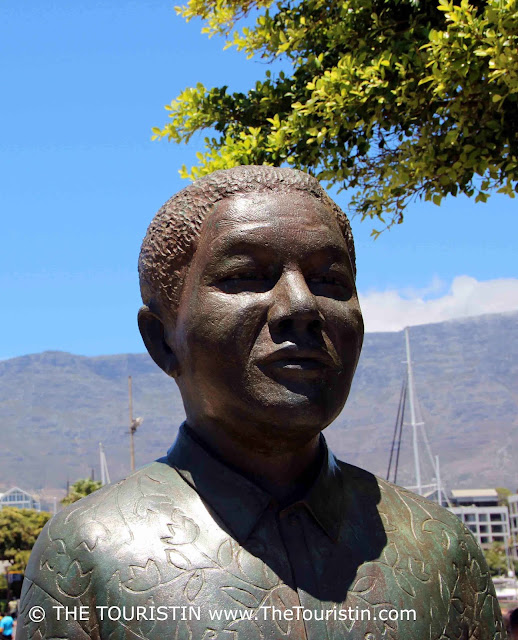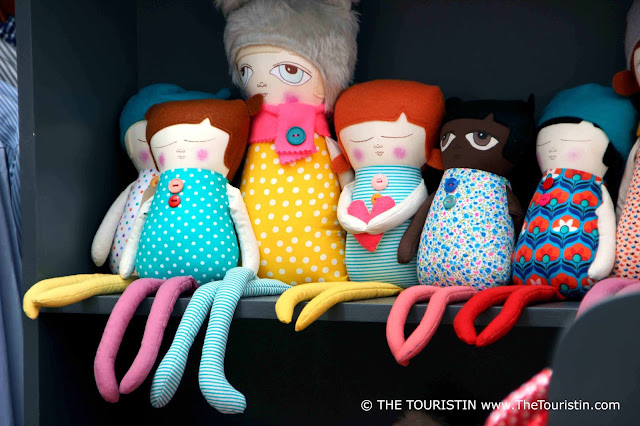On 27th April 1994, the first democratic election was
held in South Africa. Hurrah. At last. Why is this so exciting, and what is the
story behind it? Here is what happened. This is a truly short description of
events, I feel almost bad for writing it like this, considering what this
country and its citizens went through over the last centuries.
All the time there are fears that the indigenous
people are going to claim back what is their land. Fear, that is the root of
all evil. In 1948 the National Party comes up with a plan called Apartheid. And
that plan separates all black people and those of a mixed-race from the white
population. Ever since then there is this resistance campaign against
apartheid. Nelson Mandela and Oliver Tambo together with the African National
Congress issue the Freedom Charter. The ruling National Party does not like
that at all. They arrest everybody involved in it, to suppress the freedom
movement.
South Africa leaves the Commonwealth and becomes
independent. Black students all over the country protest for their right to be
taught in the English language. The police kill hundreds of activists, and one
of them is Steven Biko. For decades, the international community does not do
much. Eventually, European countries and the US impose sanctions on South
Africa. Many people boycott products from South Africa and stop buying them.
This is not fun for South Africa. Tensions grow bigger and there are lots of
strikes and protests in the country. At the end of the 1980s, a new president
gets into power. With De Klerk, the situation in the country changes for the
better. He frees Nelson Mandela from jail and drops restricting laws. Together
they catapult South Africa into democracy.
Freedom Day in South Africa
On 27th April 1994, the first democratic election is
held in South Africa. Nelson Mandela gets elected as president.
It is so easy to say, “if only that fleet of the
Dutch East India Company wouldn’t have landed in 1652, then …” and to simply
live on after that, but that would be too easy.
Freedom Day – be brave - reject prejudice
Restrictive measures for a certain group of people
can get introduced in any country. A situation can get out of hand at any given
time if the wrong people get into power. As always, it is best to be brave and
to learn from history, to create a better future. We all can reject prejudice.
Maybe start with little things. Never follow others blindly. Visit museums to learn
about history. Read the papers regularly. Follow current world affairs closely.
Fact-check what you read and hear. Talk to friends and peers about history and politics.
Stop bullying people for your advantage. Whatever it is, we can start now.
Form your own opinion next
time you are in South Africa. Visit the Apartheid Museum in Johannesburg or the
District Six Museum, Robben Island and the Slave Lodge in Cape Town.


